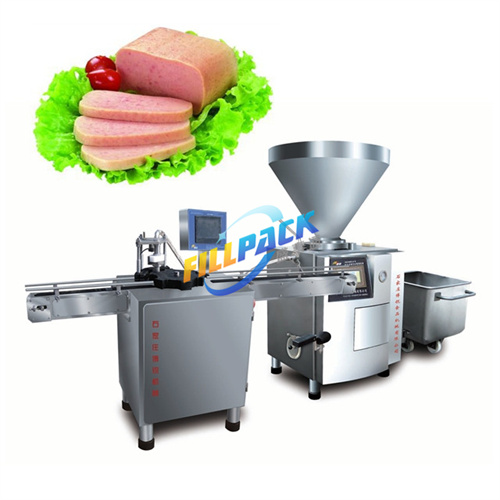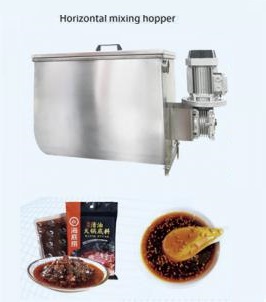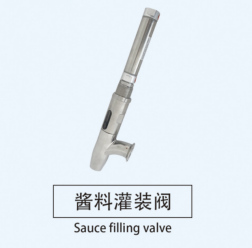
Filling Method: Determine the appropriate filling method based on the characteristics of the product you need to fill. Common methods include gravity filling, piston filling, pump filling, vacuum filling, and more. The choice depends on the viscosity, foaming properties, and the type of product (liquid, solid, paste, powder) you need to fill.
Production Capacity: Evaluate your production needs, such as the desired output per hour or day. Ensure that the filling machine can handle the required volume efficiently without causing bottlenecks in your production process.
Accuracy and Precision: Consider the level of accuracy and precision required for your product. Some applications demand high accuracy, especially for pharmaceuticals, chemicals, or food products. Look for machines that offer precise control over the filling volume to maintain consistency and minimize wastage.
Container Compatibility: Assess the types and sizes of containers you will be using for your products. The filling machine should be compatible with a range of containers, whether bottles, jars, tubes, or bags, in terms of shape, size, and material.
Ease of Use and Maintenance: Look for a filling machine that is user-friendly, with automatic controls and clear instructions. Quick and easy changeovers between different product types and container sizes are also beneficial. Additionally, consider the maintenance requirements and availability of spare parts to ensure smooth and continuous operation.
Cleanliness and Hygiene: If you are filling products that require high cleanliness standards, such as beverages or pharmaceuticals, choose a filling machine with sanitary design features. Look for machines that are easy to clean, minimize product contamination risks, and meet industry-specific regulations.
Quality and Reliability: Research the reputation and track record of the manufacturer. Read reviews, seek recommendations, and ensure that the machine is constructed with high-quality materials and components. A reliable machine will minimize downtime and ensure consistent performance.
Customization Options: Consider any specific customization needs for your application. Some filling machines offer customizable features, such as adjustable filling speed, multiple filling heads, or integration with other production line equipment.
Cost and Return on Investment (ROI): Determine your budget and weigh it against the features and benefits offered by different filling machines. Consider the long-term ROI based on increased efficiency, reduced wastage, and improved productivity.
Support and Service: Ensure that the manufacturer or supplier offers reliable customer support, technical assistance, and after-sales service. This includes the availability of spare parts, training, and prompt assistance in case of any issues or maintenance needs.

By carefully considering these factors and conducting thorough research, you can choose a filling machine that best fits your production requirements, enhances efficiency, and meets your quality standards.
For more details, please contact Shanghai Fillpack Intelligent technology company which is a professional manufacturer and solution provider of filling & packaging equipment. (Whatsapp:+8613795468802; Email: [email protected])
 What equipment needed for luncheon meat canning?
What equipment needed for luncheon meat canning?
 What equipment needed for ice cup production plant?
What equipment needed for ice cup production plant?
 How to select a right buffering hopper for filling machine?
How to select a right buffering hopper for filling machine?
 How to select the right filling nozzle for a filling machine?
How to select the right filling nozzle for a filling machine?